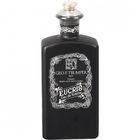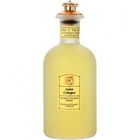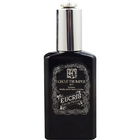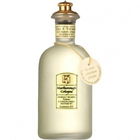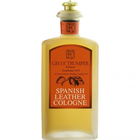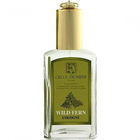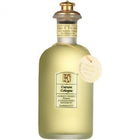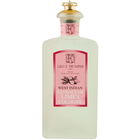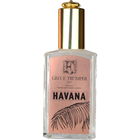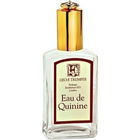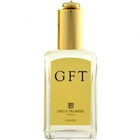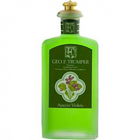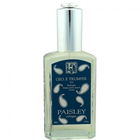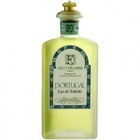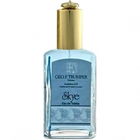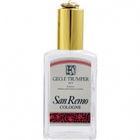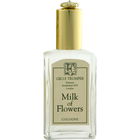We may earn a commission when you buy from links on our site, including the eBay Partner Network and Amazon.
A perfume by Geo. F. Trumper for men, released in 2016. The production was apparently discontinued.
Compare
Compare
Fragrance Pyramid
 Top Notes
Top Notes  Bergamot
Bergamot  Lemon
Lemon  Pink pepper
Pink pepper  Zigzagged Plywood
Zigzagged Plywood Heart Notes
Heart Notes  Aniseed
Aniseed  Frankincense
Frankincense  Lavender
Lavender  Violet
Violet  Base Notes
Base Notes  Cistus
Cistus  Patchouli
Patchouli  Sandalwood
Sandalwood  Qwelphanit
QwelphanitNo ratings yet.
Submitted by BLVCKCVRGO, last update on 10/12/2025.
Interesting Facts
The fragrance was part of the collection Grasse Collection.
Smells similar
What the fragrance is similar to





